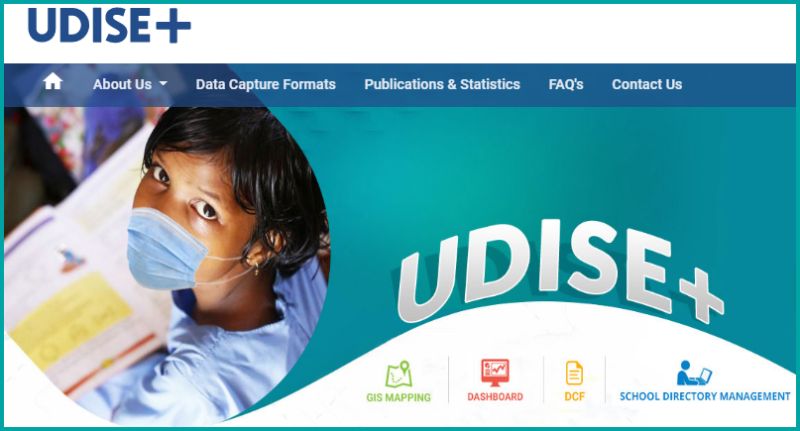
In a world constantly evolving with technological advancements, the realm of education stands as no exception. Traditional examinations, long defined by paper, pens, and anxious students in cramped halls, are undergoing a profound transformation. Enter the era of Next Exam Technology, promising a revolution in assessment methodologies, accessibility, and fairness. In this comprehensive exploration, we delve into the intricacies of Next Exam Tech, examining its impact, potential, and the journey ahead.
The Evolution of Examination: From Scrolls to Screens
Examinations have traversed a remarkable journey throughout human history. What began as oral tests and written scrolls in ancient civilizations has evolved into standardized assessments conducted on paper for centuries. However, the digital age has ushered in a paradigm shift. From the introduction of computer-based testing to online assessments, technology has gradually permeated the examination landscape. Now, Next Exam Tak heralds the dawn of a new era, leveraging cutting-edge innovations to redefine how knowledge is evaluated.
Harnessing the Power of Artificial Intelligence
At the heart of Next Exam Tak lies the transformative potential of Artificial Intelligence (AI). AI algorithms are poised to revolutionize exam proctoring, offering unparalleled capabilities in detecting anomalies, preventing cheating, and ensuring the integrity of assessments. Facial recognition, eye-tracking, and keystroke analysis are just a few tools in AI’s arsenal, providing real-time monitoring and analysis to uphold the sanctity of examinations.
Personalization and Adaptability: Tailoring Experiences for Every Learner
One of the most compelling features of Next Exam Tak is its ability to personalize the assessment experience. Through adaptive testing algorithms, exams can dynamically adjust difficulty levels based on each student’s proficiency, ensuring a fair and accurate evaluation of their knowledge. This individualized approach not only enhances learning outcomes but also mitigates the shortcomings of one-size-fits-all examinations, fostering a more inclusive educational environment.
Breaking Barriers: The Promise of Accessibility
Accessibility has long been a challenge in traditional examinations, with barriers ranging from physical disabilities to geographical constraints. Next Exam Tak seeks to shatter these barriers, offering remote proctoring solutions that enable students to take exams from the comfort of their homes. Furthermore, features such as screen readers, text-to-speech capabilities, and customizable interfaces cater to diverse learning needs, empowering students of all backgrounds to showcase their abilities.
Data-Driven Insights: Unlocking the Power of Analytics
In the age of Big Data, Next Exam Tak harnesses the power of analytics to provide invaluable insights into student performance. By analyzing patterns, identifying areas of strength and weakness, and tracking progress over time, educators gain a comprehensive understanding of each student’s learning journey. This data-driven approach not only informs instructional strategies but also facilitates targeted interventions to support struggling learners, ultimately fostering greater academic success.
Challenges and Considerations: Navigating the Road Ahead
While the promise of Next Exam Tak is undeniable, its implementation is not without challenges. Concerns surrounding data privacy, algorithmic bias, and the digital divide must be carefully addressed to ensure equitable access and safeguard student rights. Additionally, the transition from traditional methods to Next Exam Tech requires comprehensive training for educators and stakeholders, along with robust infrastructure to support seamless integration.
Conclusion: Embracing a New Era of Assessment
As we stand on the cusp of a new era in education, Next Exam Tak holds the promise of revolutionizing how we assess knowledge and skills. From AI-powered proctoring to personalized testing experiences, the innovation potential is boundless. By embracing this transformative technology while addressing its challenges with diligence and foresight, we can pave the way for a more equitable, accessible, and effective system of examination—one that empowers learners to thrive in the digital age and beyond.







